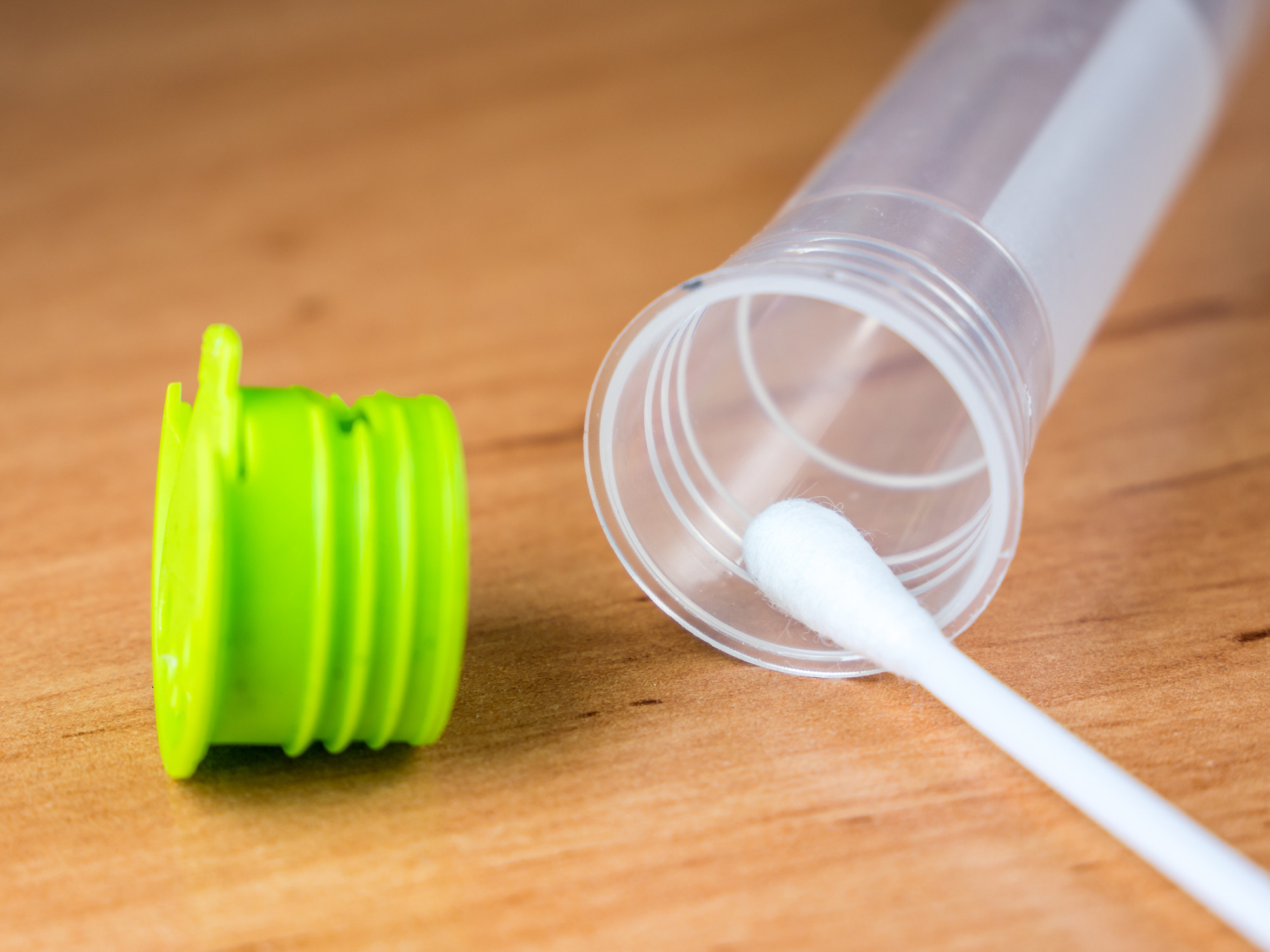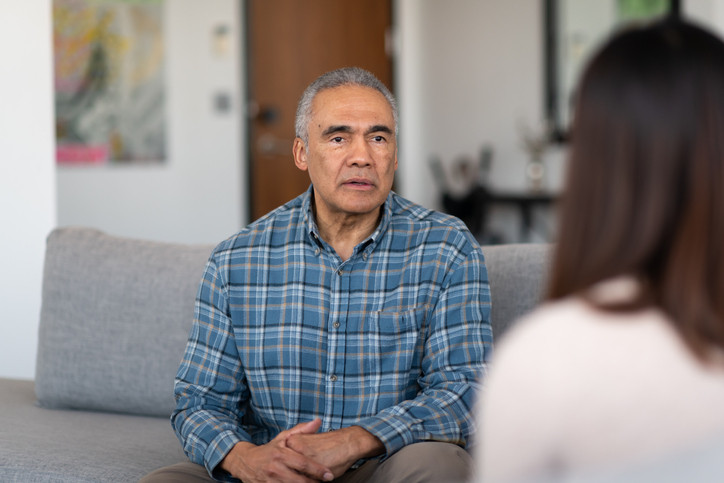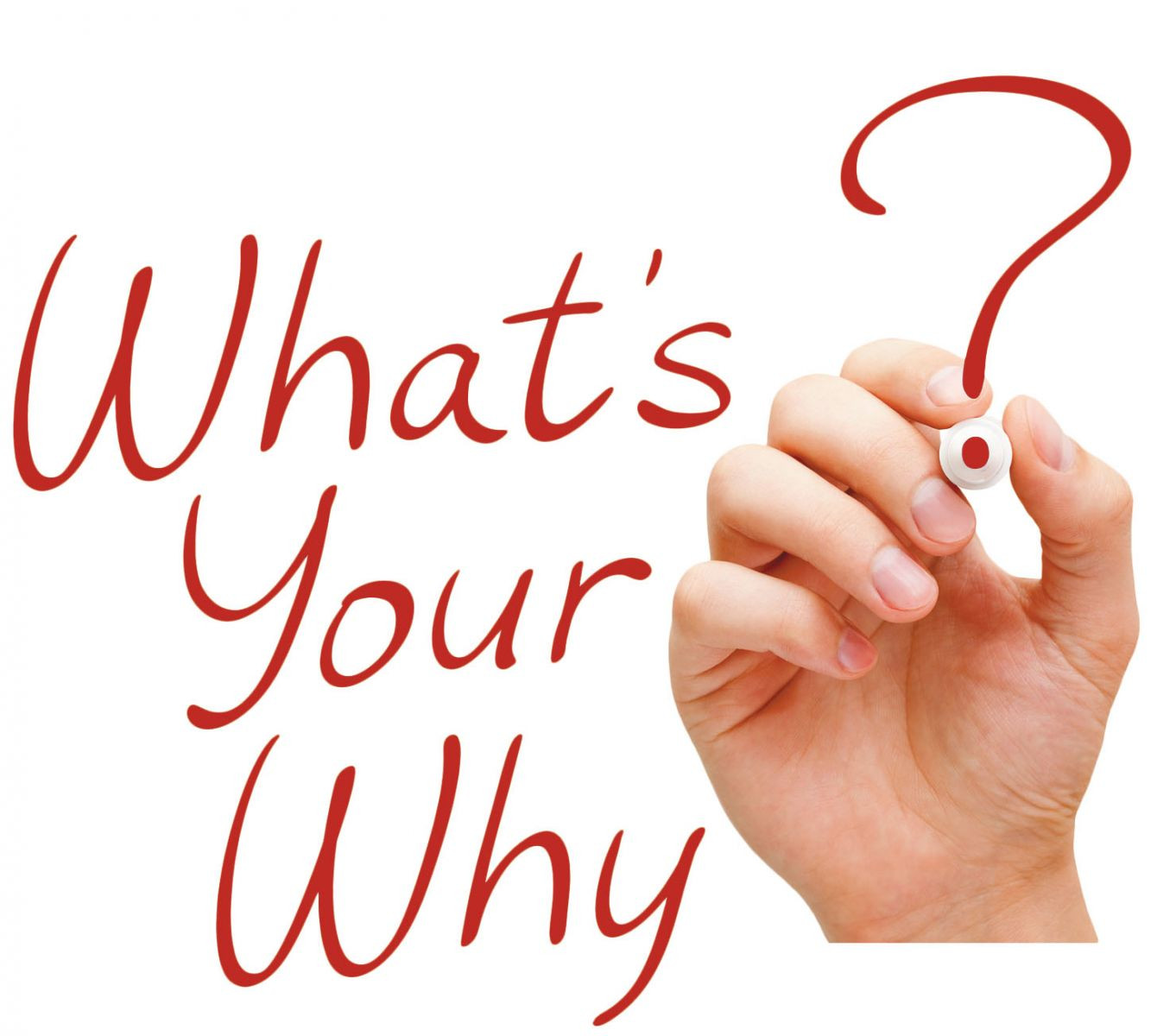
Can white noise really help you sleep better?

Celiac disease: Exploring four myths

What is prostatitis and how is it treated?

What is Cushing syndrome?

Exercises to relieve joint pain

Think your child has ADHD? What your pediatrician can do

Foam roller: Could you benefit from this massage tool?

Stepping up activity if winter slowed you down

Common causes of cloudy urine

Dragon fruit: How to enjoy this antioxidant-rich fruit
Mental Health Archive
Articles
Medications for depression: Which is best?
There are many medications that can be used to treat mood disorders. But finding the right one can be a lengthy process, and the choice can be more complicated than you might imagine. Just because a particular drug worked for a friend doesn't mean it will work for you. Psychiatrists and doctors who prescribe antidepressants choose a particular drug and dosage based on many factors, including the following:
- Diagnosis. Certain drugs are a better choice for specific symptoms and types of depression. For example, an antidepressant that makes you sleepy may be better when insomnia is an issue. The severity of your illness or the presence of anxiety, obsessions, or compulsions may also dictate the choice of one drug over another.
- Side effects. You may first want to choose a drug based on which side effect you most want to avoid. Medications vary in the likelihood they will cause such problems as sexual effects, weight gain, or sedation.
- Age. As you age, your body tends to break down drugs more slowly. Thus, older people may need a lower dose. For children, only a few medications have been studied carefully.
- Health. If you have certain health problems, it's best to avoid certain drugs. For example, your doctor will want to consider factors such as heart disease or neurological illnesses when recommending a drug. For this reason, it's important to discuss medical problems with a primary care doctor or psychiatrist before starting an antidepressant.
- Medications, supplements, and diet. When combined with certain drugs or substances, antidepressants may not work as well, or they may have worrisome or dangerous side effects. For example, combining an SSRI or another antidepressant with the herbal remedy St. John's wort can boost serotonin to dangerous and, in rare cases, fatal levels. Mixing St. John's wort with other drugs—including certain drugs to control HIV infection, cancer medications, and birth control pills—might lower their effectiveness. Women receiving tamoxifen for breast cancer should take an antidepressant that does not interfere with tamoxifen's effectiveness. Eating certain foods, such as aged cheeses and cured meats, while taking an MAOI can cause a dangerous rise in blood pressure.
- Alcohol or drugs. Alcohol and other substances can cause depression and make antidepressants less effective. Doctors often treat alcohol or drug addiction first if they believe either is causing the depression. In many instances, simultaneous treatment for addiction and depression is warranted.
- Personal and family mental health and medication history. If you or a member of your family has had a good response to a medication in the past, that information may guide your choice. Depending on the nature and course of your depression (for example, if your depression is long-lasting or difficult to treat), you may need a higher dose or a combination of drugs. This may also be true if an antidepressant has stopped working for you, which may occur after you've used it for some time or after you've stopped and restarted treatment with it.
- Cost. Since all antidepressants are roughly equivalent in their effectiveness, you won't lose anything by trying a generic version first.
- Your preference. Once you have learned as much as you can about the treatment options, your doctor will want to know what approach makes most sense given your lifestyle, your interests, and your judgment.
To learn more strategies for battling depression, check out Understanding Depression, a Special Health Report from Harvard Medical School.
Protect your heart, preserve your mind?
Heart attacks may leave people more vulnerable to thinking and memory problems as they age.
Growing older often means slowing down, both physically and mentally. Just as people can't move quite as fast as when they were younger, their thinking and memory abilities — known as cognitive function — may also slowly wane.
Now, new research suggests that people who have a heart attack or angina (chest pain caused by reduced blood flow to the heart) may face a faster drop in thinking skills than people who don't experience those heart-related problems.
What donor offspring seek when they do DNA testing
Readily available DNA testing unexpectedly changed some family trees. But people who grew up knowing –– or recently learned –– they were donor-conceived may have differing reasons for wanting to better understand their personal stories.
Psychotherapy leads in treating post-traumatic stress disorder
Expert recommendations for treating post-traumatic stress disorder (PTSD) differ. New research supports trying certain types of psychotherapy first, followed by medication if needed, or starting off with a combination of both.
A purpose-driven life may last longer
Study shows an association between a strong sense of purpose in life and a lower risk of death from cardiovascular problems and blood conditions.
If you believe your life has meaning, it could potentially be longer, says a new study published online May 24 by JAMA Network Open.
Study authors found that among a group of nearly 7,000 adults over age 50, those who scored highest on a scale that measured "life purpose" were less likely to die during the study period, and also less likely to die during the same period from heart, circulatory, or blood conditions, compared with those who scored lower.
Heart disease may accelerate cognitive decline
Research we're watching
If you have coronary artery disease, you may be at higher risk for cognitive problems, according to a study published in the June issue of the Journal of the American College of Cardiology. People with coronary artery disease have blockages in the arteries that lead to the heart. When blood flow to the heart is slowed or blocked, the result can be a heart attack or the chest pain known as angina.
Study authors looked to see whether this condition had any effect on thinking skills. They selected people with no history of heart disease and followed them for 12 years, administering three cognitive tests throughout the course of the study. Ultimately, 5.6% of people in the study experienced a heart attack or angina. Researchers found that these people were not more likely to have experienced cognitive decline before their heart episode or immediately after, but were at much higher risk for cognitive decline in the years that followed. It's not clear why this occurred, but the study authors say that doctors should be aware of this risk and should monitor people with coronary artery disease carefully.
Talking to your doctor about your LGBTQ+ sex life
Talking about sexuality with a doctor can be uncomfortable. If you identify as LGBTQ+, it's important to find a doctor who is attuned to the specific needs of the LGBTQ+ community. This can make getting proper care easier.
Teens and confidentiality
Offering teens privacy and confidentiality when meeting with a health care provider may allow them to discuss uncomfortable topics –– such as risky behavior, physical concerns, feeling anxious or depressed –– a step toward getting needed information and help.
Do employee wellness programs actually work?
Do employee health programs lead to healthier, more productive employees? A large study shows little or no impact, although results might vary based on workplace, offerings, and other factors.

Can white noise really help you sleep better?

Celiac disease: Exploring four myths

What is prostatitis and how is it treated?

What is Cushing syndrome?

Exercises to relieve joint pain

Think your child has ADHD? What your pediatrician can do

Foam roller: Could you benefit from this massage tool?

Stepping up activity if winter slowed you down

Common causes of cloudy urine

Dragon fruit: How to enjoy this antioxidant-rich fruit
Free Healthbeat Signup
Get the latest in health news delivered to your inbox!
Sign Up











